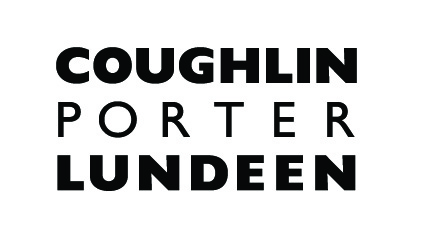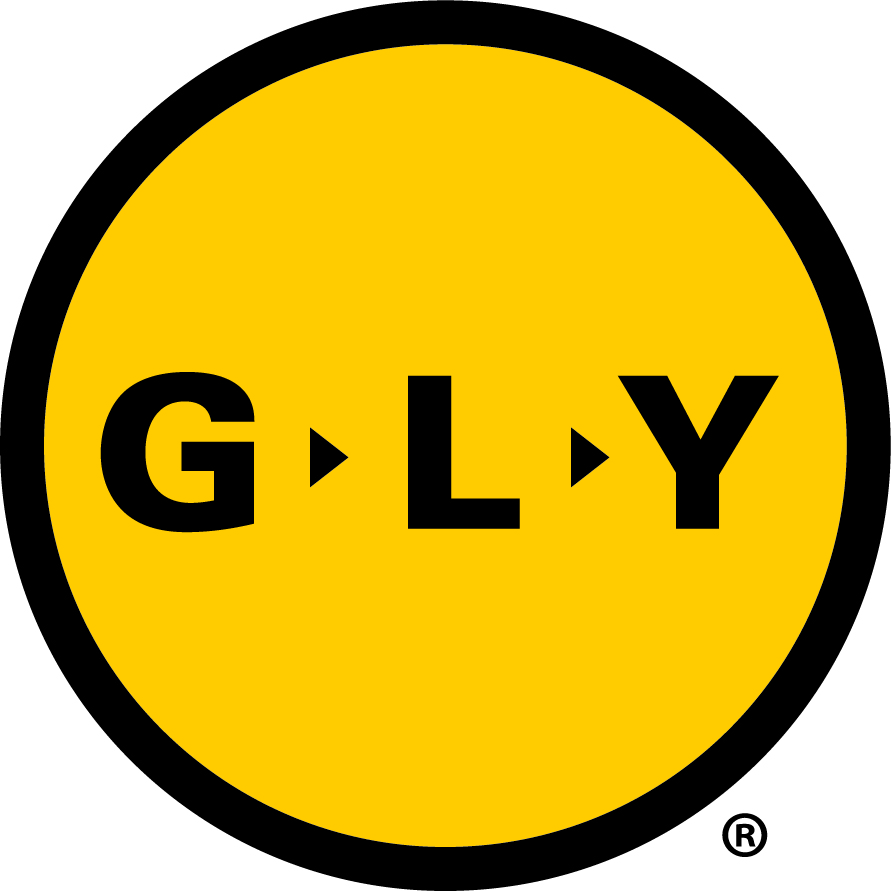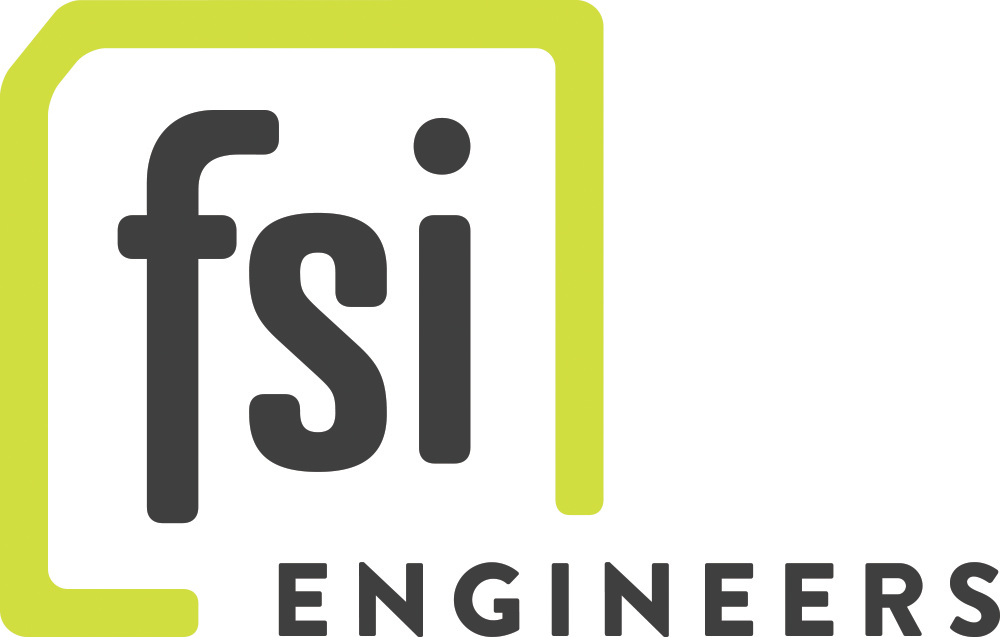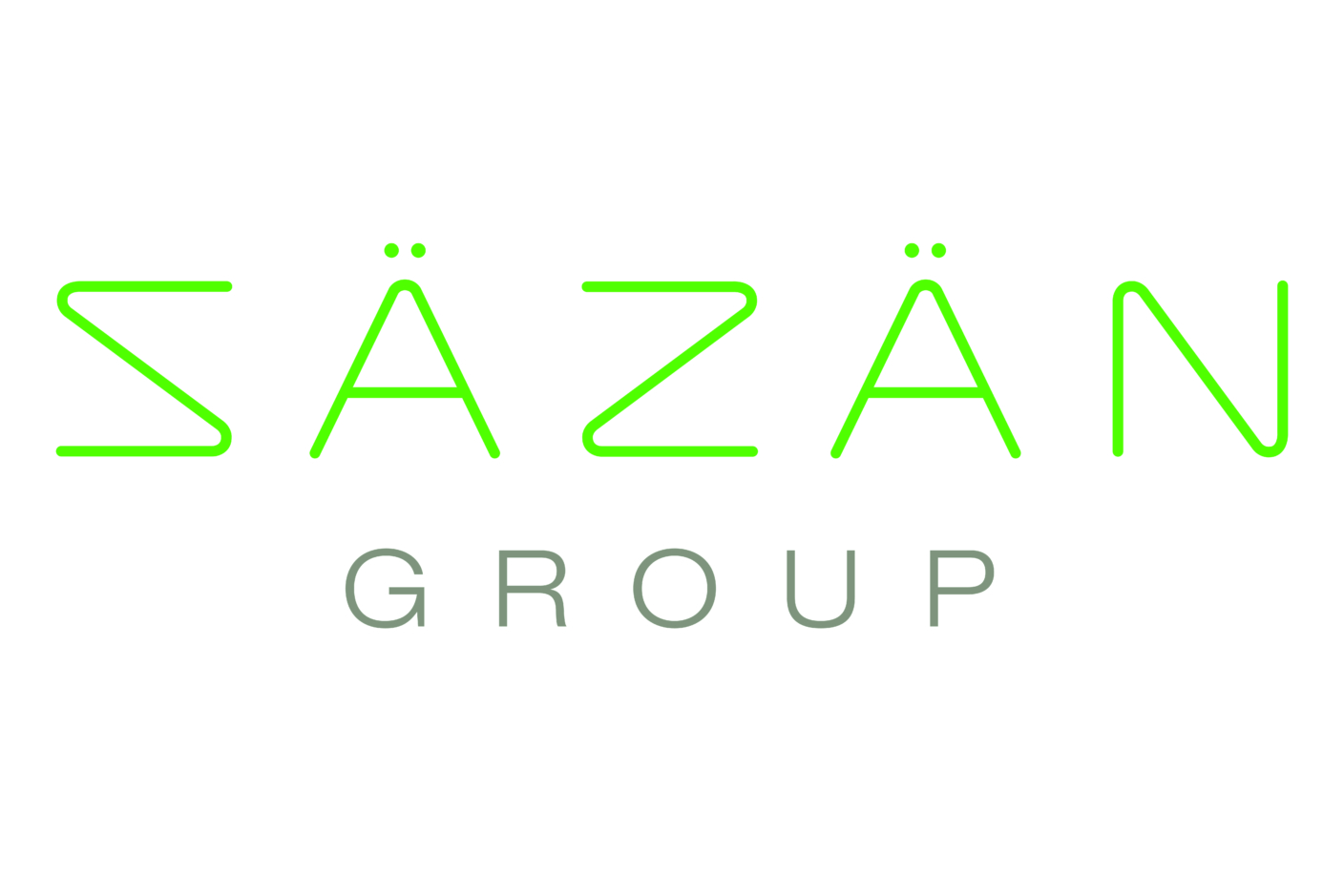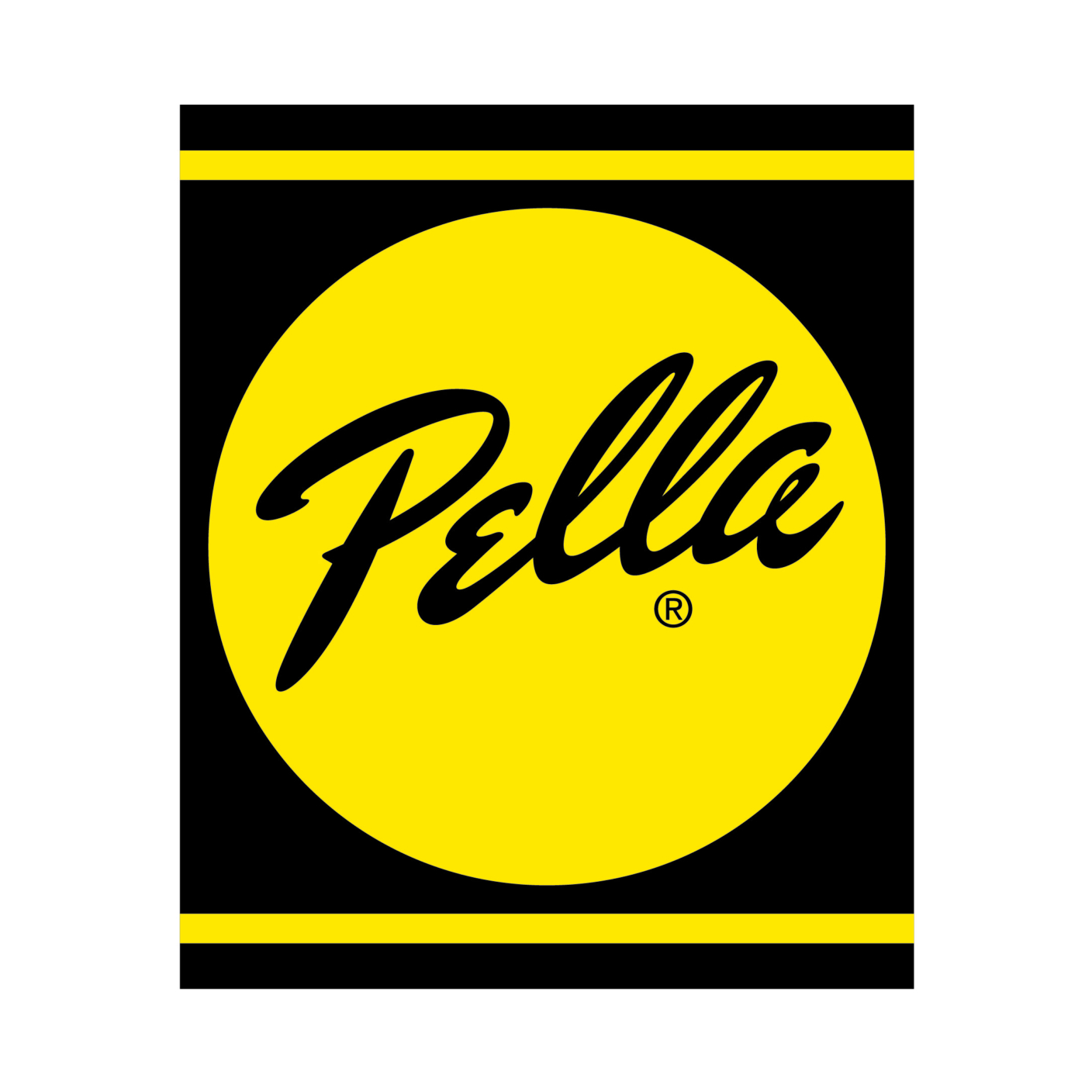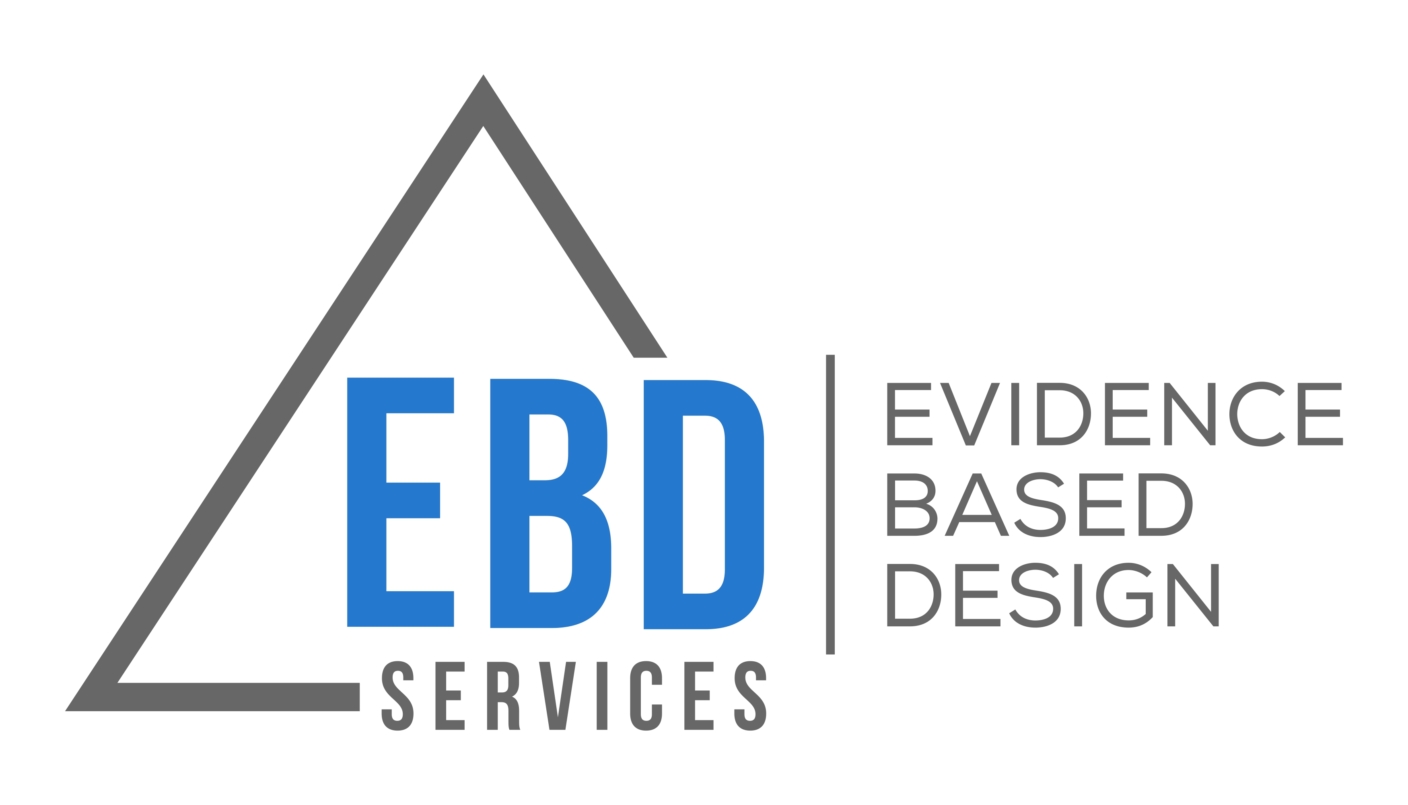
Applying Nature’s Solutions to Building Design with Biomimicry w/ COTE
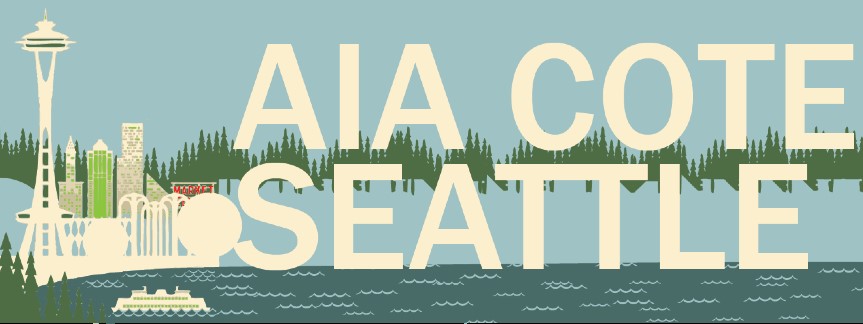
Nature is a brilliant, untapped mentor. Are you among the majority of the design industry in that you’re interested in learning from nature to develop innovative design solutions but aren’t sure where to start? Join us to learn the real steps for how to apply biomimicry to building design.
Although many people are familiar with the term biomimicry, it is often confused with biophilia, bioutilization, and other nature-based approaches. “Biomimicry” is fundamentally about function – understanding biologically how organisms or ecosystems solve their challenges, and then translating those strategies into design language that can be used to design buildings (materials, products, etc) more sustainably. We’ll look at how local ecosystems provide clues for designing buildings that provide environmental benefits to their sites and share a real project exploration of this approach here in Seattle.
Participants will first be introduced/refreshed to the concept of biomimicry and how it can be applied to building design to help buildings contribute positively to their ecosystems. We will present a biomimicry design tool called the “Seedkit,” an investigation of how mentors from the Pacific Northwest forest (moss, bark, etc) can inform Northwest building design, including innovative ways to think about wall and roof systems (see www.urbangreeprint.org/seedkit). An example of a Seattle design team’s approach to applying biomimicry to mitigate polluted stormwater runoff will also be presented.
![]()
RSVP by Wednesday, August 16, close of business.
Speaker Bios
 Jennifer Barnes
Jennifer Barnes
Jennifer is a blue-green architect and sustainability consultant with over 20 years of project experience. She splits her professional life between her own design and consulting company, 55-5 Consulting, and her work on the Urban Greenprint, a biomimicry-inspired project that asks what Nature can teach us about revitalizing our cities. She has led the design of numerous buildings, including a fire station, a police station, a church and a community center, and she has helped many project teams navigate LEED certification. Jennifer works with a vision that successful projects must be inspired by an insightful understanding of place and must renew the human and ecological communities they touch. She is committed to helping regenerative design become the norm and creating opportunities for meaningful connection with our environment. Jennifer is very active in the Northwest green building community. She is involved with environmental advocacy efforts, working with Cascadia GBC and local organizations to support green building legislation, and she is frequently invited to present at regional conferences and workshops. Jennifer speaks on various sustainability topics including LEED, biomimicry, and sustainable water treatment. She is also a founding member of Biomimicry Puget Sound, a regional offshoot of the Biomimicry Institute. Jennifer has a BA in Architecture from Princeton University and a Masters of Architecture from the University of Washington.
 Alexandra Ramsden
Alexandra Ramsden
Alexandra leads Rushing’s Sustainability Studio in providing consulting for sustainability strategy development, LEED and Built Green management, charrette facilitation, training, curriculum development, and cost-benefit analyses for strategy selection. Her expertise lies in guiding teams to identify cost-smart, project-appropriate sustainability solutions. Drawing from her multi-disciplinary background of both science and architecture, Alexandra approaches projects holistically and harnesses the expertise of all the team members at the table. She is passionate about healthy, sustainable environments and the people who create them. Alexandra has been involved in more than 100 LEED projects, under the rating systems of NC (New Construction), CI (Commercial Interiors), CS (Core & Shell), Homes Mid-Rise, and EBOM (Existing Building, Operations & Maintenance), and more than 20 Built Green projects. A few of her projects include the Cirrus multifamily residential tower, Dexter Station office building, Sur La Table, Tahoma National Cemetery, The Post residential tower, Olive 8 hotel and condos, and the First Hill Streetcar Maintenance Facility. As a recognized leader in green building, Alexandra lectures regularly on topics such as Integrated Design, Biomimicry, Green Building Materials, Living Building Challenge, and LEED. Her passion for looking to nature for design solutions inspired Alexandra to found Biomimicry Puget Sound, a global networks linked to the Biomimicry Institute. With more than 15 years of experience in sustainable design and interior architecture, Alexandra brings a wealth of environmental expertise to the table.
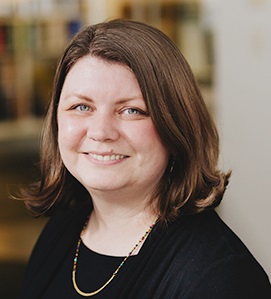 Rachael Meyer
Rachael Meyer
Landscape Architecture Principal at Weber Thompson, Rachael Meyer has over 13 years experience designing commercial, residential, and public projects. Rachael is passionate about green roofs, urban agriculture and sustainable strategies, and integrates these passions into each of her designs. She regularly speaks and writes about her research, which ranges from water management practices to Living Building landscapes. Active in the community, Rachael has served on a variety of professional boards, including the UW Landscape Professional Advisory Committee, Architects Without Borders, and the Washington Association of Landscape Architects Executive Board. She currently co-chairs the NAIOP Sustainable Development Committee. Many of her projects have been recognized with awards, including an honor award from the American Society of Landscape Architects. In 2008, Rachael was the recipient of the King County Housing Development Consortium’s Unsung Hero Award.
